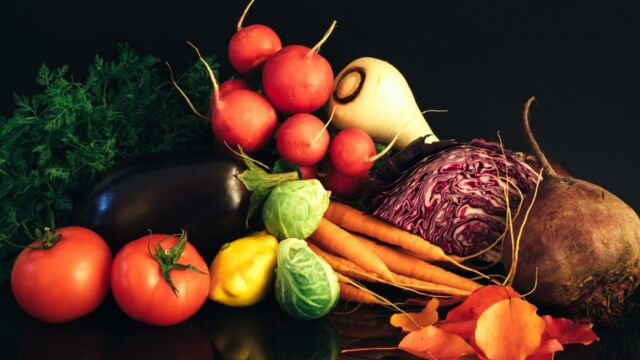Vegetables are beneficial for our health as long as they don't contain too many pesticides or other harmful elements. However, sometimes it is impossible to find the time to prepare fresh veggies, and you must rely on frozen ones. But, is it true that frozen vegetables are less healthy than fresh vegetables? A certified nutritionist answers the question.
Discover our latest podcast
What are the differences between fresh and frozen vegetables?
Interviewed by Pure Wow, nutritionist Felicia Stoler explains that frozen and fresh vegetables are generally equal from a health point of view.
Stoler explains:
The variables between the two are sodium and/or other additives, like fat and sugar.
Different studies indicate that frozen vegetables are closer to fresh vegetables than canned ones, because the production process removes fewer nutrients. Moreover, the canned vegetables are often preserved in water, which may further increase the level of additives and sugar contained in the vegetables.
Read more:
- These 5 Fruits And Vegetables Contain The Most Pesticides And Should Be Avoided At All Costs
- Travel hack: Try this coin trick to check for expired food in your refrigerator
- 8 foods you should never eat after the expiry date
Are fresh vegetables better than frozen or canned ones?
Fresh vegetables are always the best! Unless you leave them lying around in the fridge for too long, and they rot. Frozen vegetables are the closest to freshness. But for some vegetables, like lettuces, cucumbers, and cabbage, fresh is usually the only way to buy. In this case, you can always freeze fresh vegetables before they spoil.
Ultimately, no matter the form, it's advisable to get more green vegetables in the diet, regardless of how they're packaged.
Nutritionist Stoler concludes:
Whatever vegetables people can and want to eat, they should. Your cells don't care how they were stored, as long as you eat them.















